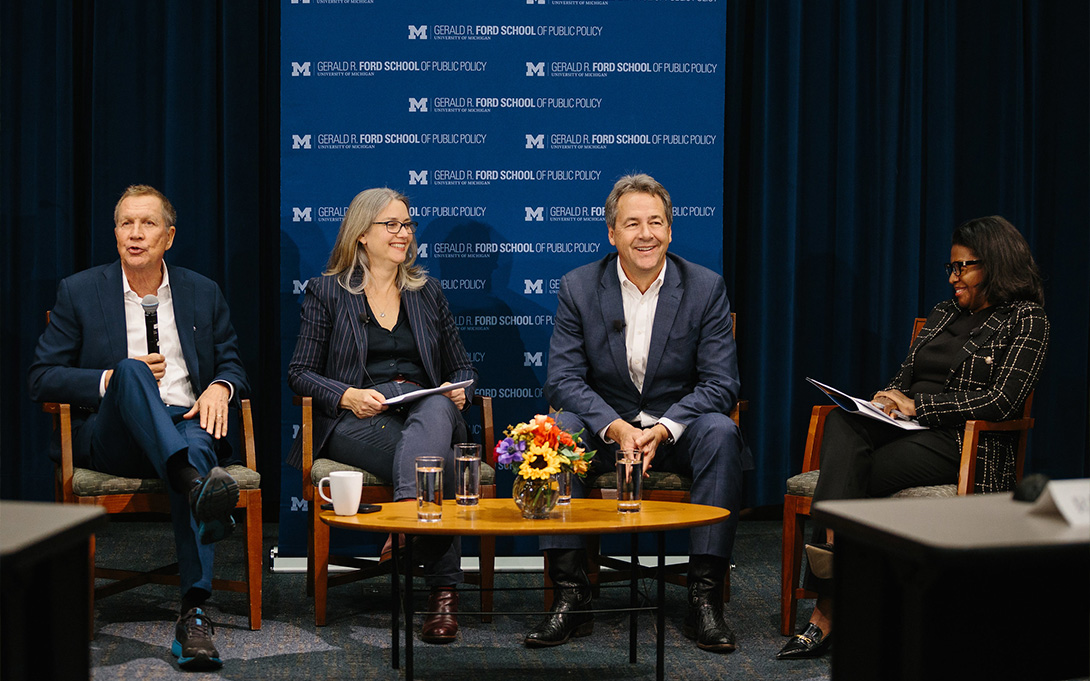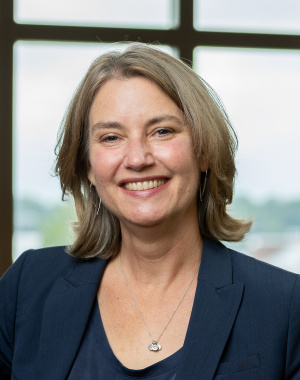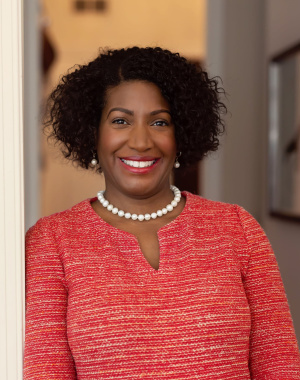
Former Montana Governor Steve Bullock (D) thinks the biggest problems with American politics can be traced to three fundamental factors: gerrymandering has drastically decreased the number of competitive districts, changes in the media environment has uplifted the most extreme voices, and Citizens United has exploded the influence of undisclosed money in elections. Bullock joined former Ohio Governor John Kasich (R) for a Conversation Across Differences at the Ford School of Public Policy to discuss what has happened to the U.S. political system, and what needs to be done to fix it.
Kasich argued that the two major parties’ incentive to prioritize political strategy at all cost is suppressing effective cooperation between policymakers and leaving many Americans’ interests unrepresented. While he served in Congress, Kasich said his relationship with the Republican Party was less firm than current representatives’: “As a Republican, I had some commitment to the party, but the party was never my master. It was only my vehicle.” As a result, “at the end of the day in Congress, if there was something critical for our country, we got it done,” even if that meant working across party lines. Beyond relaxing their grip on individual politicians, Kasich thinks both parties have to “get back to their basics and figure out what they’re for and chart a different course” that better reflects the demands of the American people on issues like immigration and economic opportunity.
Both former governors emphasized the importance of increased attention on addressing the harms of our media ecosystem: the proliferation of mis- and dis-information and negative effects on young peoples’ mental health. In our new “electronic town square that’s operated by algorithms,” Bullock said, “We have to find solutions, but then we also have a collective obligation (when it’s disinformation, not misinformation), irrespective of if it’s in your party’s interest, just to say no, this isn’t true.” On the policy solutions side, Kasich advocated for passing the Kids Online Safety Act, proposed federal legislation that would establish guidelines to protect children from harmful digital content. The former Ohio governor expressed outrage at the current practices of social media companies, imploring them, “Are you willing to make profit while we see kids who are in depression, have serious, very serious behavioral problems? I mean, is that that important to you that you need to make more money?”
Despite these many structural challenges - from partisan control to extremism in online media spaces - Bullock says his faith in the importance of democracy has not wavered. “There’s at least one day every two years that you’re more powerful than any governor or corporation or special interest. And that’s on election day,” he said. “If we erode the integrity of elections or people’s trust in elections to the point that people just say ‘I ain’t voting,” well, then we’re going to be in a heck of a lot worse position even than we are today.”


